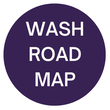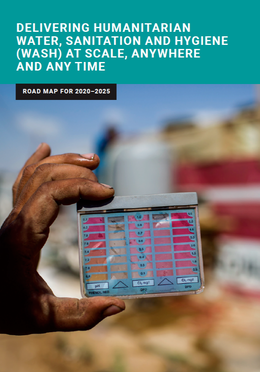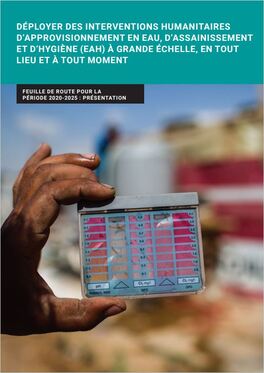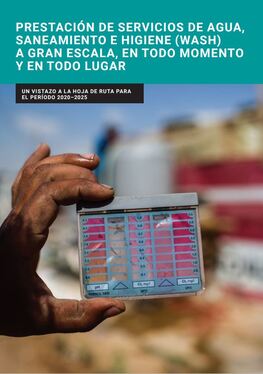In 2019, humanitarian assistance reached a global peak of people in need, with the WASH sector at the core of the response to emergencies. Too often, WASH responses have failed to meet defined humanitarian or sectoral standards owing to a lack of capacity, preparedness and funding, resulting in services and assistance that are not fully accountable and do not adequately address the priority needs and expectations of the people affected.
Now is the time to accelerate action to enhance the capacity of the WASH sector to provide high-quality and accountable responses, rooted in preparedness and resilience across the continuum of the humanitarian-development nexus. The WASH Road Map aims to embody such an idea: using a risk-informed approach builds resilience and mitigates the impacts of emergencies while strengthening disaster risk reduction, climate change and adaptation, and environmental protection, among other benefits. In addition, innovative, predictable and flexible multi-year funding of the humanitarian WASH response has the potential to maximize gains towards achieving the ambitious targets set for the sector by the Sustainable Development Goals (SDGs).
Now is the time to accelerate action to enhance the capacity of the WASH sector to provide high-quality and accountable responses, rooted in preparedness and resilience across the continuum of the humanitarian-development nexus. The WASH Road Map aims to embody such an idea: using a risk-informed approach builds resilience and mitigates the impacts of emergencies while strengthening disaster risk reduction, climate change and adaptation, and environmental protection, among other benefits. In addition, innovative, predictable and flexible multi-year funding of the humanitarian WASH response has the potential to maximize gains towards achieving the ambitious targets set for the sector by the Sustainable Development Goals (SDGs).
DOWNLOAD THE integral strategy (2020) OF THE WASH ROAD MAP HERE:
DOWNLOAD THE EXECUTIVE SUMMARY OF THE STRATEGY (2020) OF THE WASH ROAD MAP HERE:
|
English version
|
Version française
|
Versión española
|
DOWNLOAD THE BRIEFING PAPER (from 2023) OF THE WASH ROAD MAP HERE (in process, will be available soon)



